10 laws and rules that don’t apply to British royals: King Charles gets sovereign immunity and passport-free travel while Prince William, Kate Middleton and co enjoy no speed limits and tax exemptions
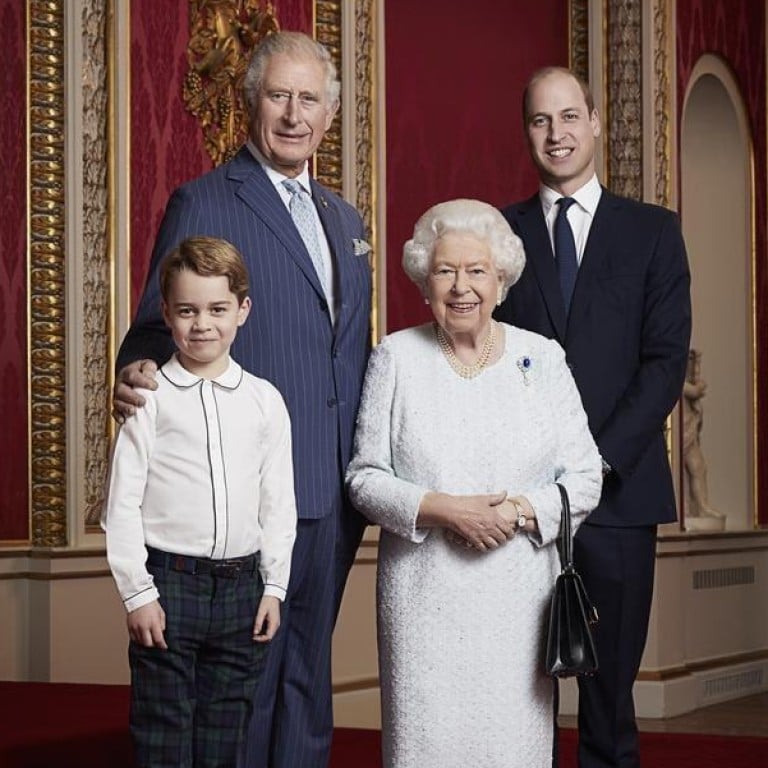
However, King Charles and his family members also enjoy a number of royal perks. They’re exempt from things like taxes and jury duty … and the king is allowed to break any law.
Here are 10 rules and laws that the British royal family are allowed to break …
1. Sovereign immunity
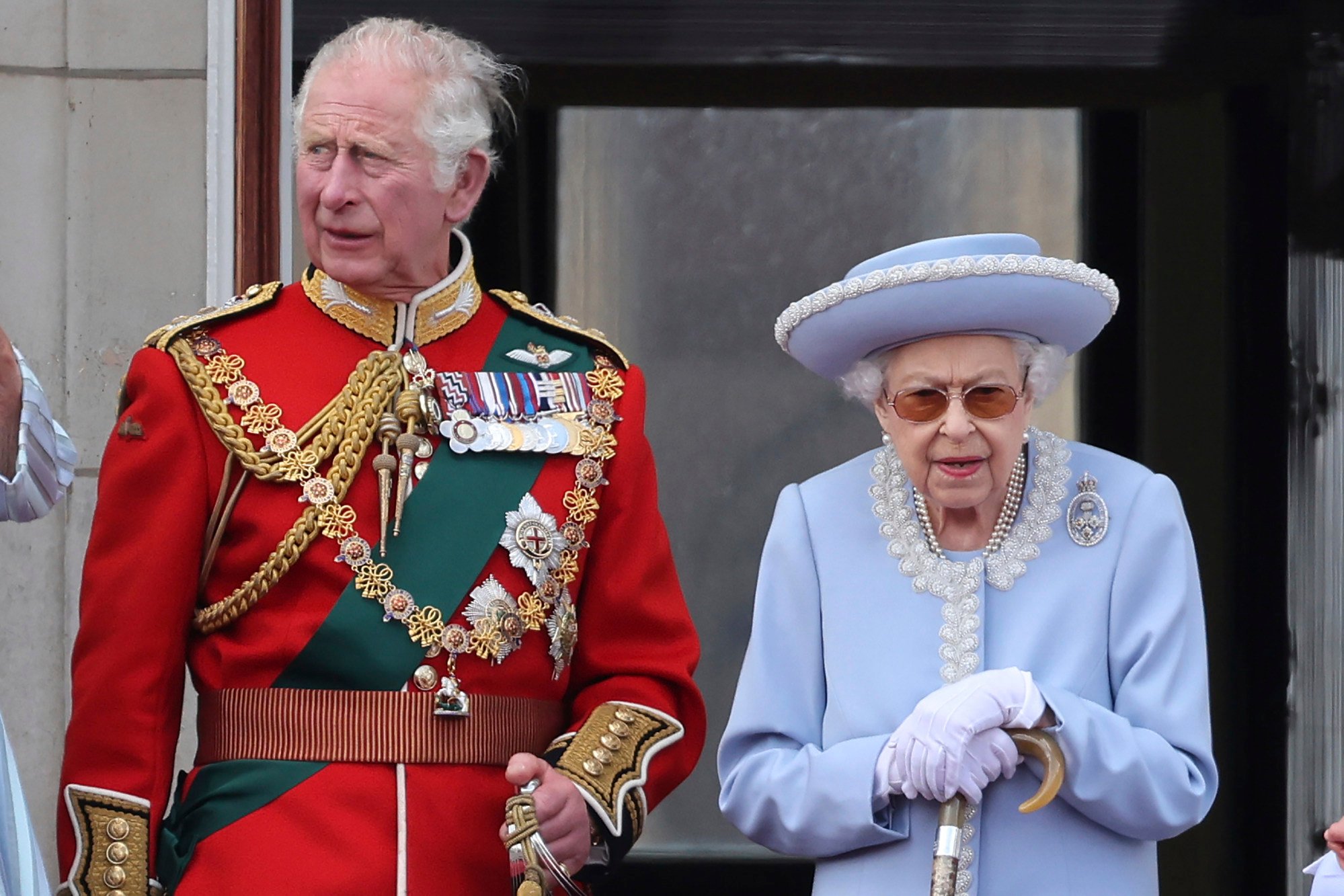
King Charles enjoys sovereign immunity, meaning he can’t be prosecuted under a civil or criminal investigation.
2. Speed limits
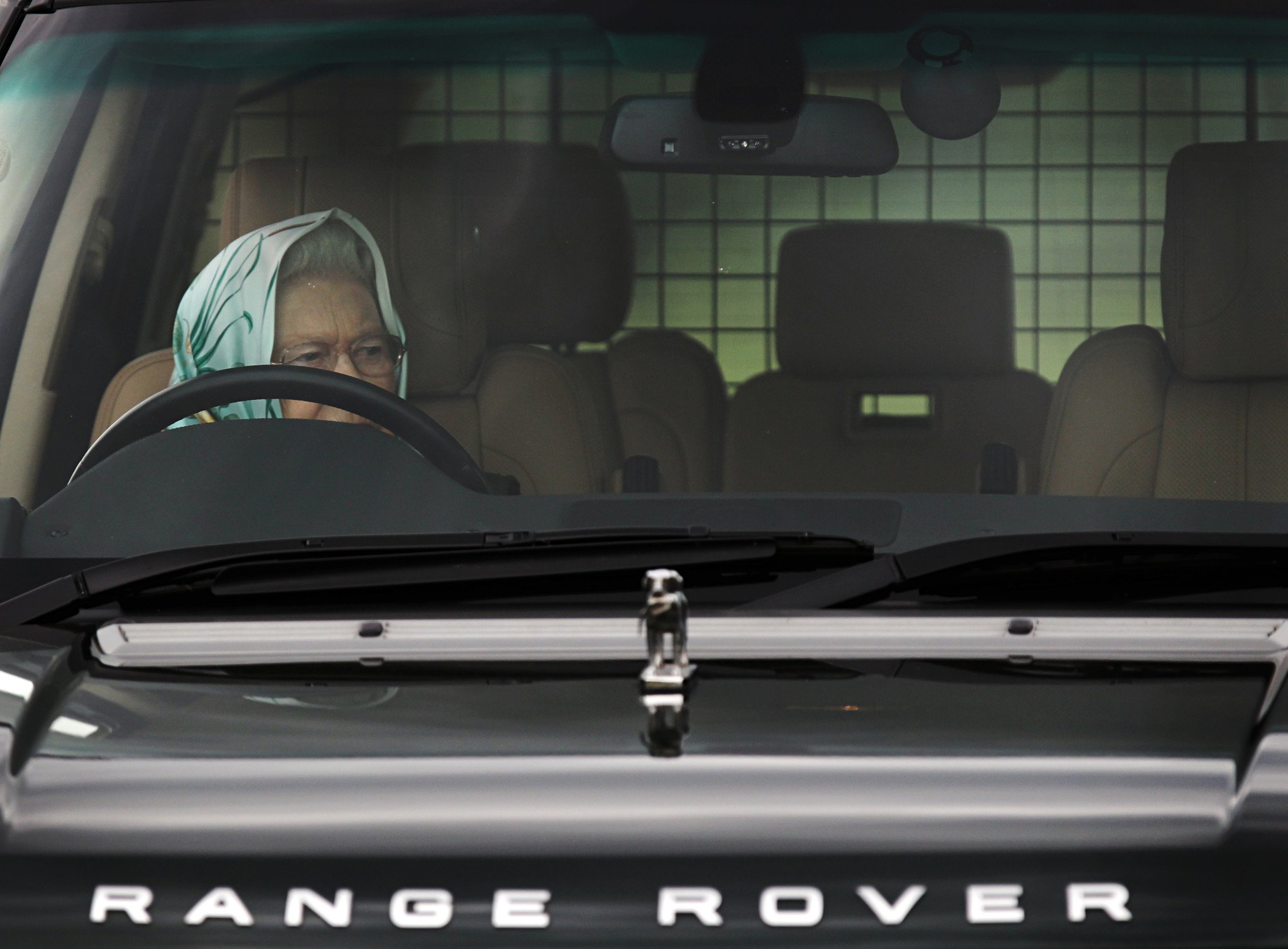
According to British media, the Road Traffic Regulation Act gives permission for police, fire, ambulance and other enforcement agency vehicles to break speed limits. Since the royals are always driven by police escorts while completing royal duties, their vehicles are thus exempt from following speed regulations.
3. Passports

Every passport in the United Kingdom is issued with the queen’s name. As a consequence, the queen didn’t need her own passport to travel, according to the royal family’s website.
Following the queen’s death, passports are likely to be altered to reflect King Charles as the new sovereign. However, much like the process of altering British money and stamps, this will be a gradual change, Euronews reported.
All other members of the royal family hold their own passports, the royal family website added.
4. Driving licences
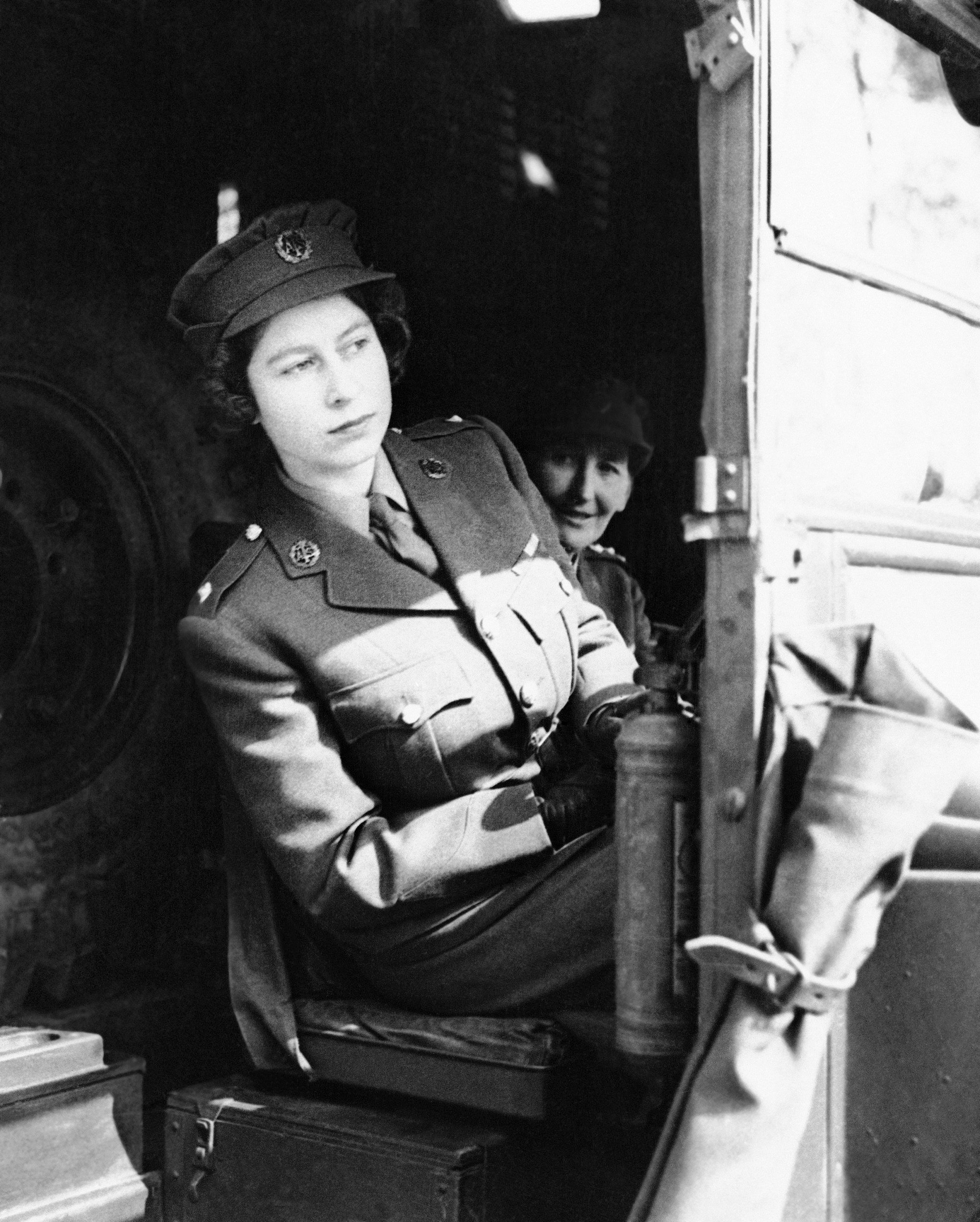
At the age of 18, Queen Elizabeth trained as a driver and mechanic for the Women’s Auxiliary Territorial Service during World War II.
The queen was never required to take an actual driving test and was also able to drive without a number plate because all driver’s licenses in the UK are issued in the queen’s name, according to British media.
British media also reported that King Charles is no longer required to use a driving licence because he is the new monarch, but the same rule doesn’t apply for other members of the royal family.
5. Last names
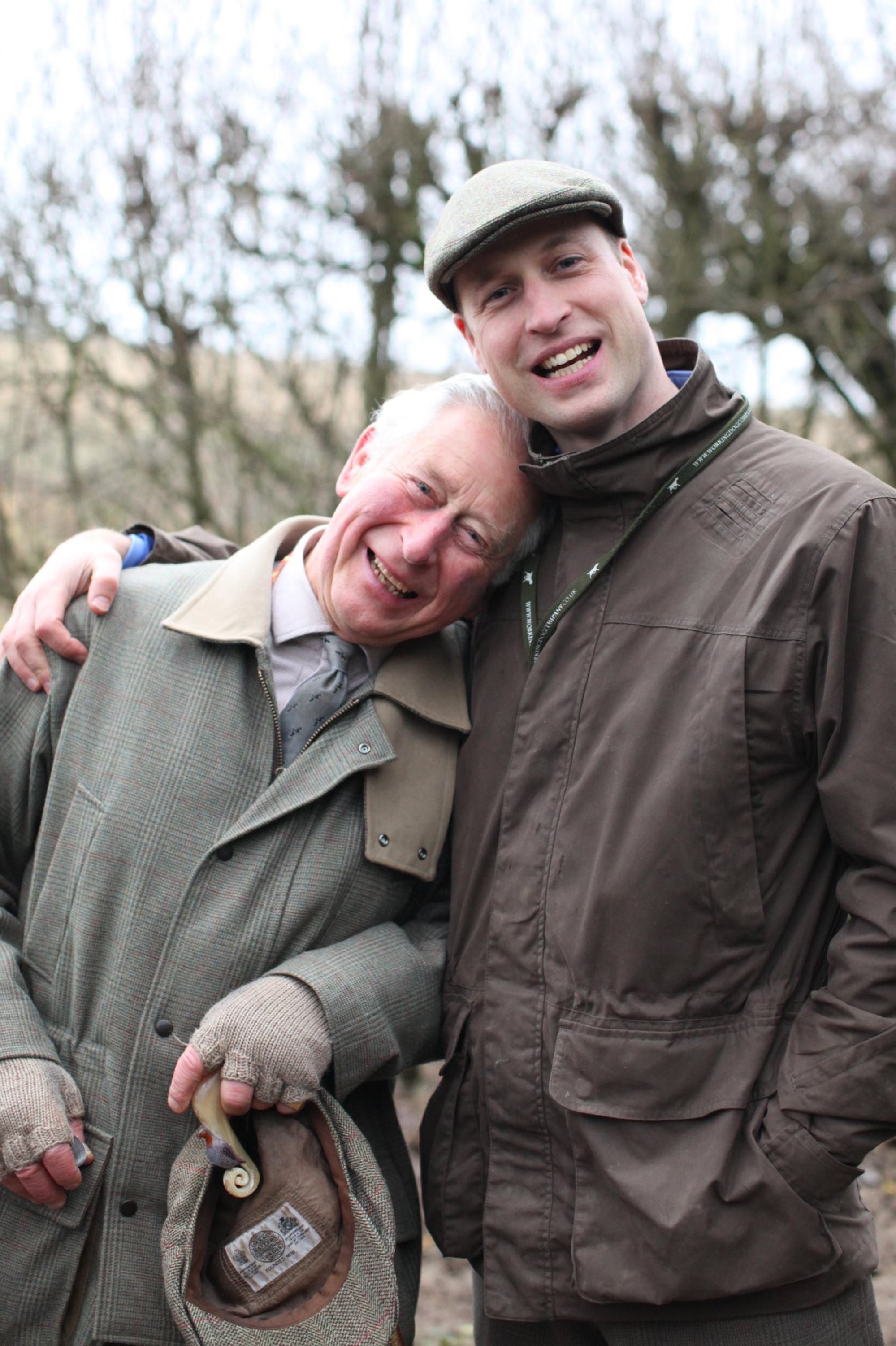
The royals are not required to use their legal last names, even though they technically do have one.
Before 1917, members of the British royal family had no surname, but now, the male-line descendants of Queen Elizabeth and Prince Philip (except for those with the style of royal highness and the title of prince/princess, or female descendants who marry) bear the last name Mountbatten-Windsor, according to the royal family website.
6. Child custody
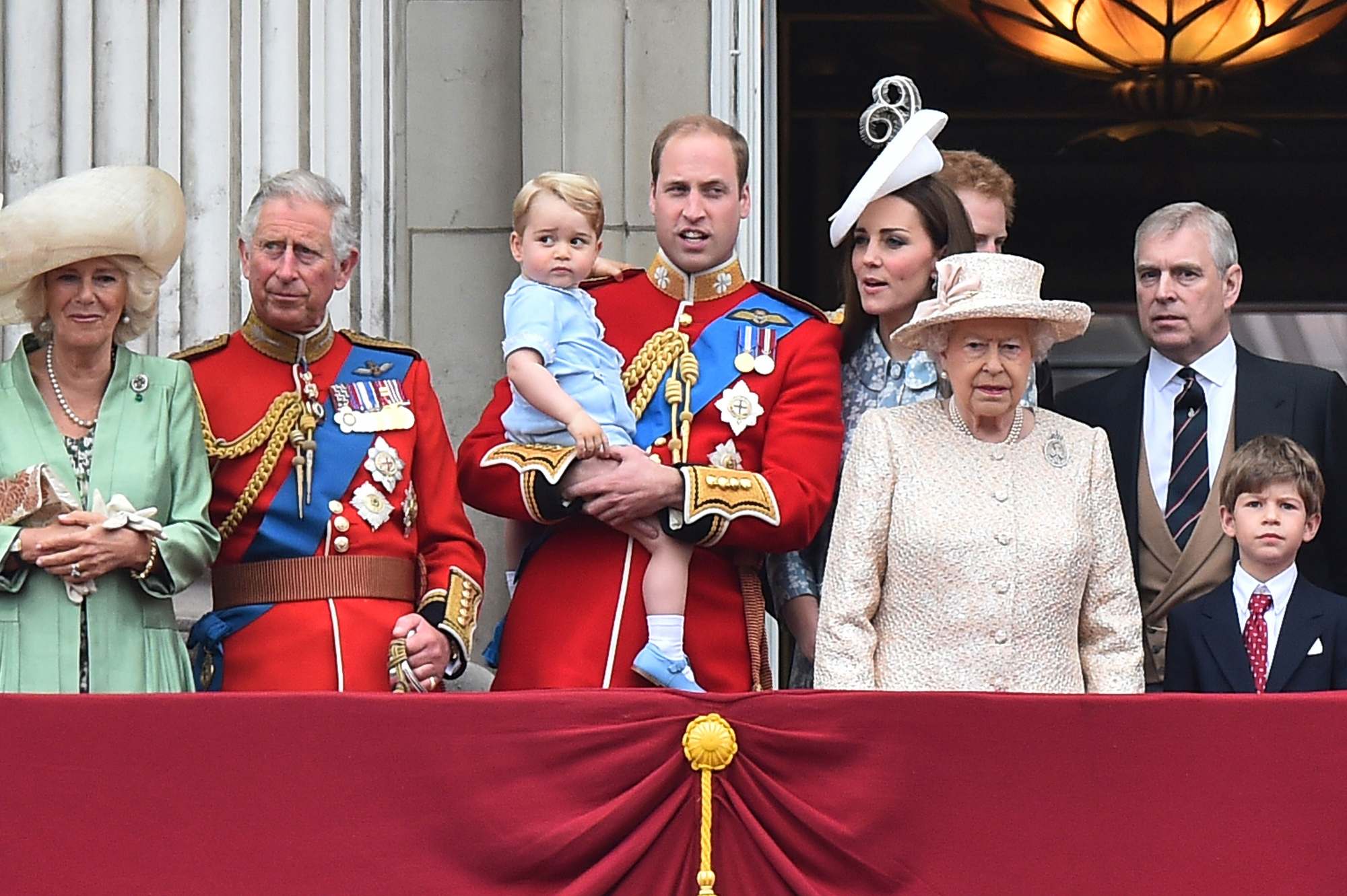
While regular grandparents have to go through the courts if they want custody of their grandchildren, the monarch has automatic legal custody of all of their descendants and minor grandchildren, royal historian Marlene Koenig told News.com.au. in 2018.
This means Charles technically has custody of Prince William and Kate Middleton’s three children, Prince George, Prince Charlotte and Prince Louis, and Meghan Markle and Prince Harry’s children, Archie and Lilibet.
This 300-year-old rule may seem odd, and though it’s unlikely the king would ever take his grandchildren away from their parents, the law is still technically there.
7. Tax exemptions
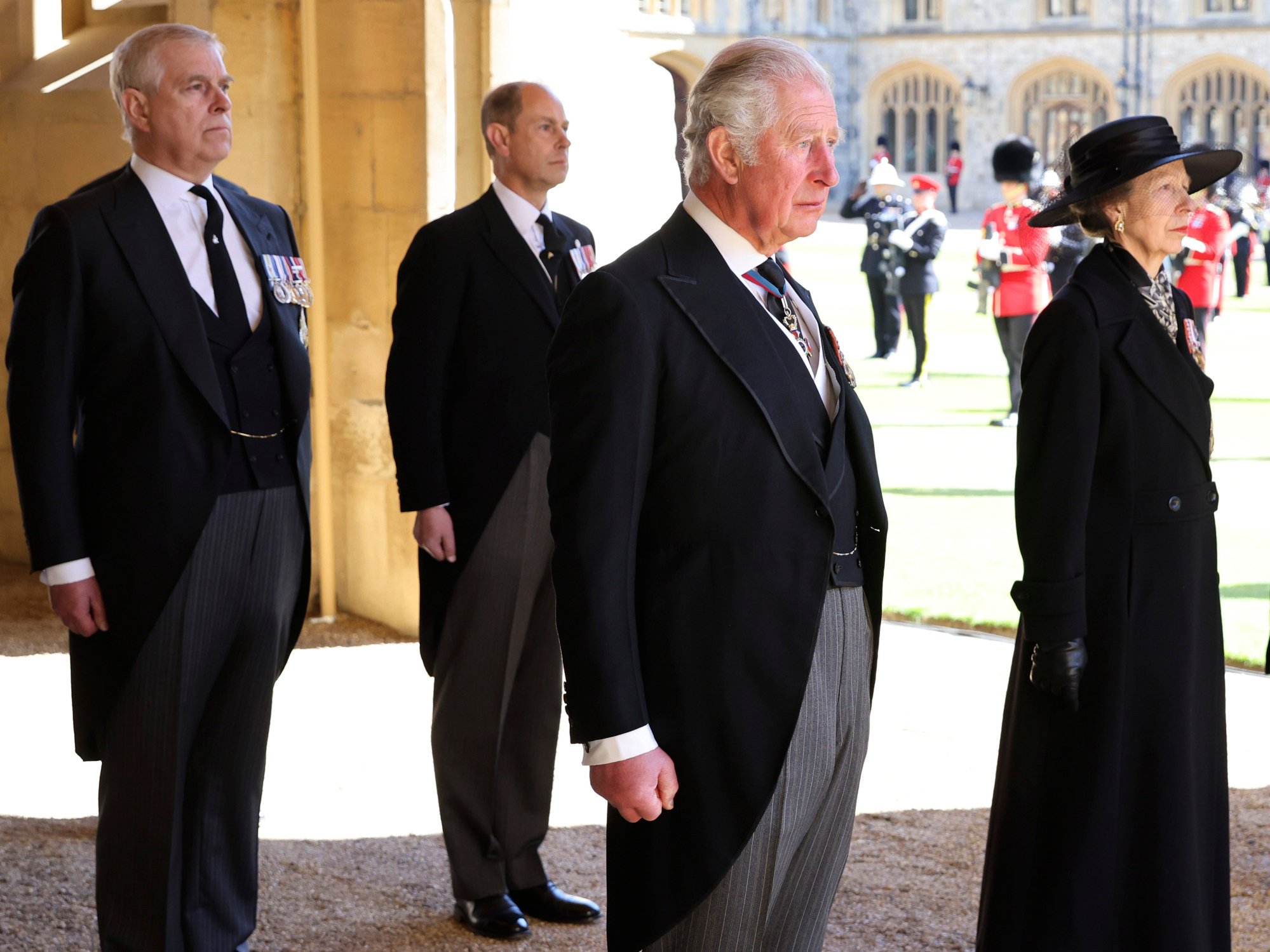
Members of the royal family are exempt from paying taxes in certain instances.
Though the monarch is not legally required to pay taxes, the queen made voluntary payments on income, assets and gains not used for official purposes.
Other parts of the royal family’s income, like the Prince of Wales’ income from the Duchy of Cornwall, are also exempt from taxes. However, he also “voluntarily pays income tax on all revenue from the estate”, according to the official website.
8. Skipping jury duty
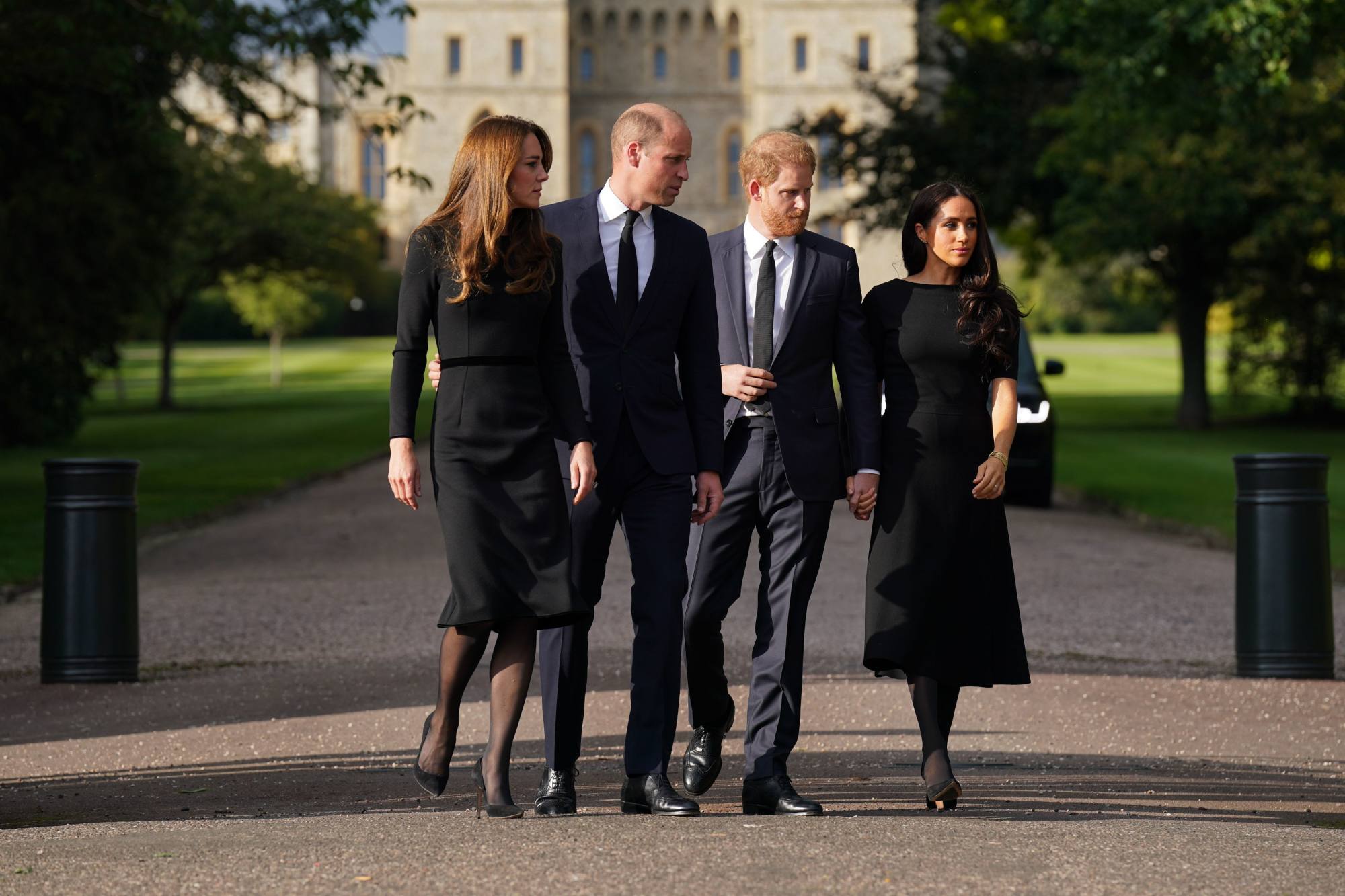
One royal perk is that members of the king’s family do not have to take part in jury duty. In normal instances in the United Kingdom, evading jury duty results in a fine of up to £1,000, or around US$1,100.
However, for the king and members of his immediate family, jury duty is not required, The Guardian reported.
9. Two birthdays
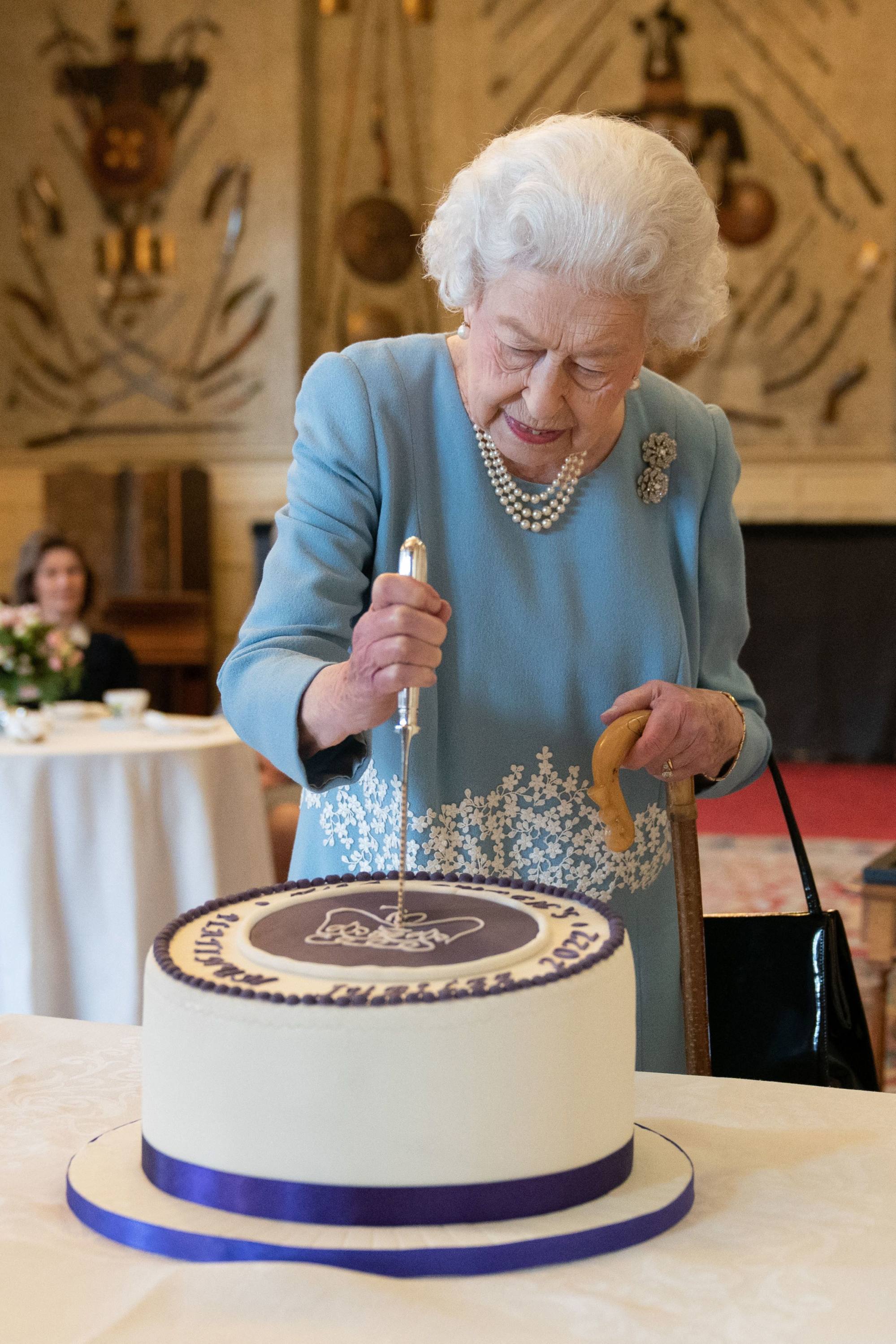
According to the royal family’s official website, the queen celebrated two birthdays each year: her actual birthday on April 21 and her official public birthday celebration on the second Saturday in June.
Across generations, sovereign rulers have often held their public birthday celebrations on days other than their actual birthday, especially when their real birth dates fall in the autumn or winter. This is to increase the likeliness of good weather for the annual Trooping the Colour parade, according to the royal family website.
Since King Charles’ birthday is on November 14, he could follow his mother’s lead and have a second celebration in June too, although this is yet to be confirmed.
10. The monarchy is also exempt from the Freedom of Information Act
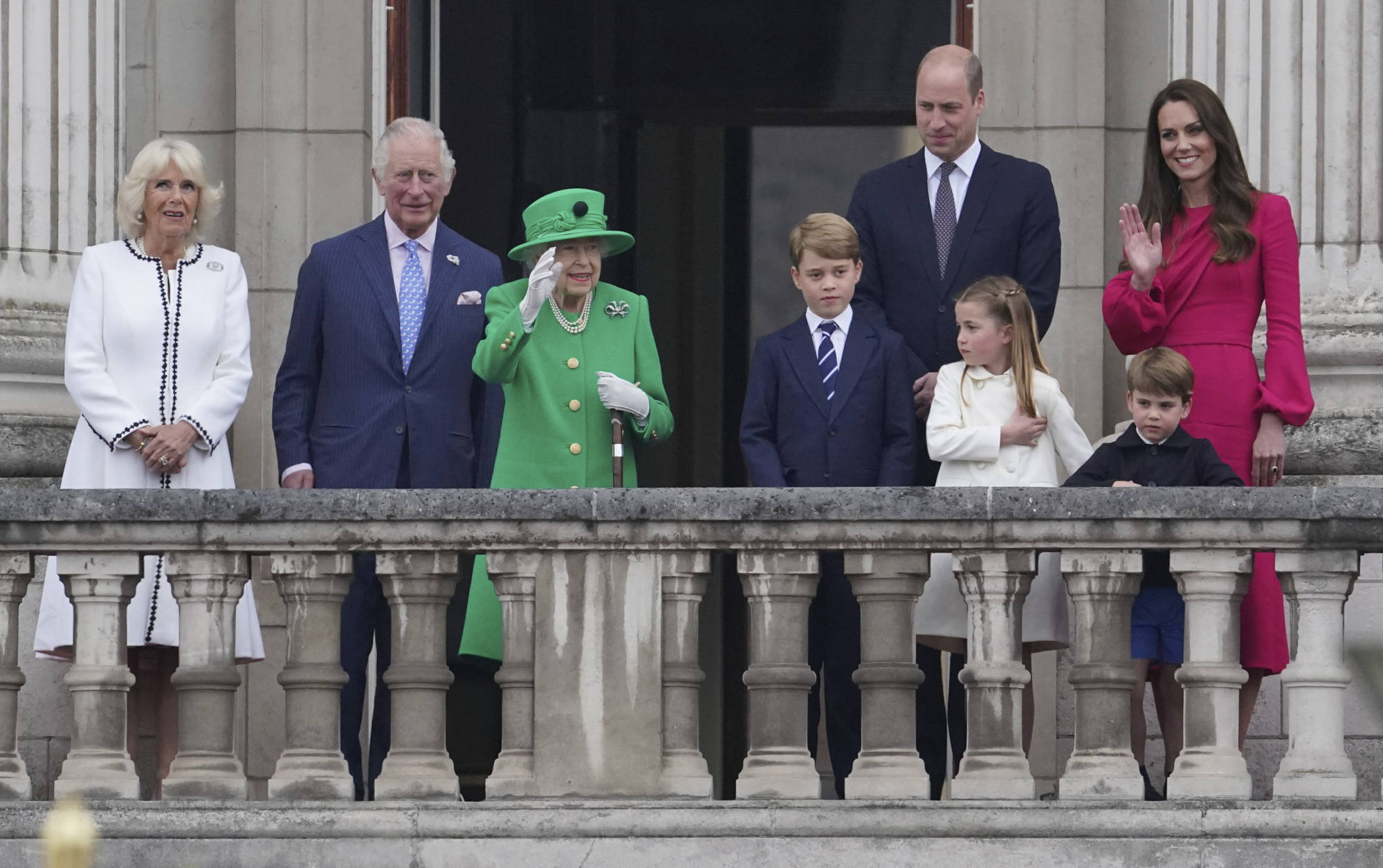
“The royal household is not a public authority within the meaning of the FOI Acts, and is therefore exempt from their provisions,” according to the royal family website.
This rule allows the royal family to exercise more privacy over their day-to-day duties and financials. For instance, while the royal household releases an annual financial report, the UK public is prevented from accessing detailed information on its spending.

- With King Charles ascending the British throne after the death of Queen Elizabeth, royal fans are wondering – will he get the same benefits as his ‘mummy’?
- The new monarch is effectively exempt from the law and could even get custody of the kids of Prince William and Kate Middleton, and Prince Harry and Meghan Markle – if he wanted